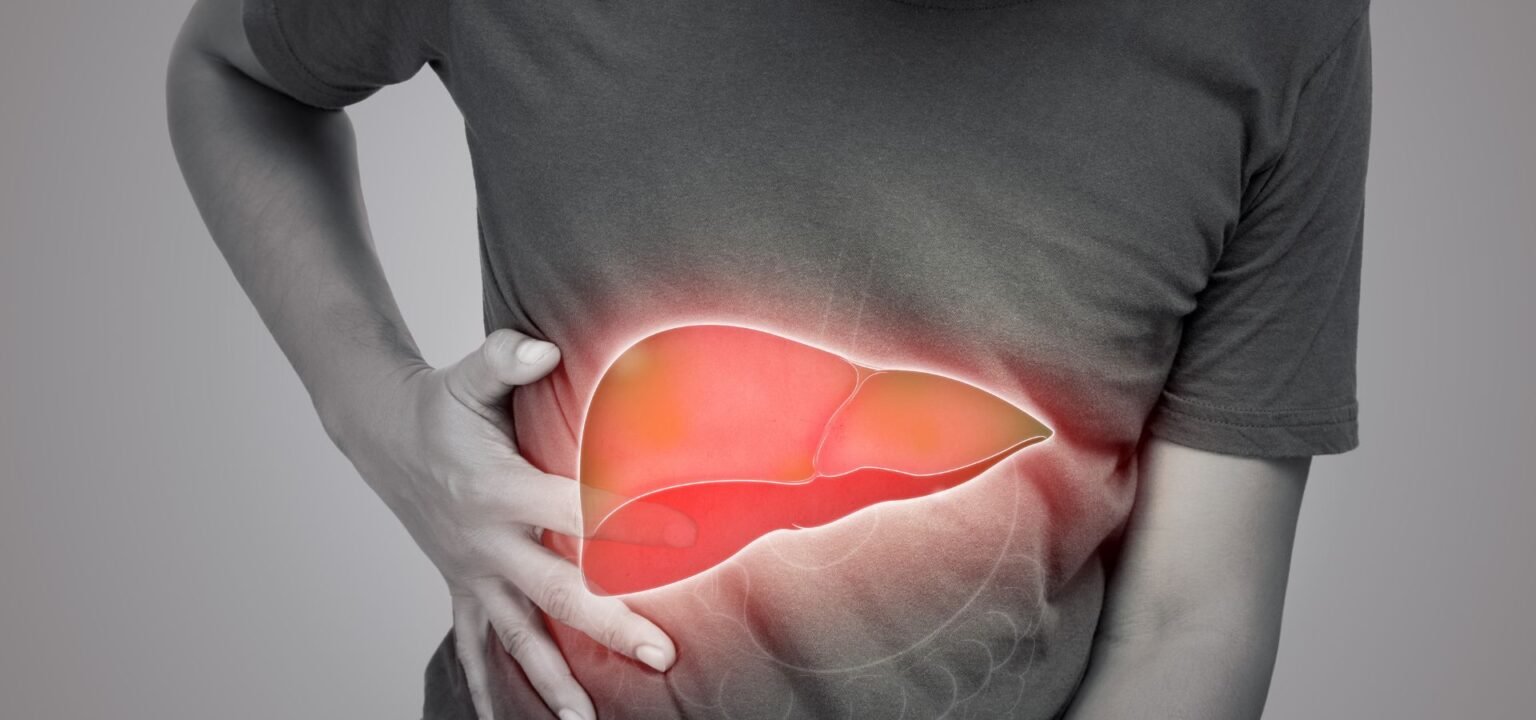- Post By - Dr.Deval Patel Hospital
- Post Date - 2025-06-10
Fatty Liver: Causes, Symptoms, and Effective Management
Fatty liver disease – also known as hepatic steatosis – is becoming increasingly common due to sedentary lifestyles and unhealthy diets. It occurs when too much fat builds up in liver cells and can lead to more serious liver damage if left untreated.
What is Fatty Liver?
A fatty liver means there's excess fat stored in the liver. While some fat is normal, when it makes up more than 5%–10% of the liver’s weight, it is considered fatty liver disease.
There are two main types:
- Non-Alcoholic Fatty Liver Disease (NAFLD): Not related to alcohol use.
- Alcoholic Fatty Liver Disease (AFLD): Caused by heavy alcohol consumption.
Common Causes
-
Obesity
-
Type 2 diabetes or insulin resistance
-
High cholesterol or triglycerides
-
Rapid weight loss
-
Poor diet (especially sugary or fatty foods)
-
Excessive alcohol intake
-
Sedentary lifestyle
Signs and Symptoms
Fatty liver is often silent in the early stages. However, as it progresses, symptoms may include:
-
Fatigue or weakness
-
Mild upper right abdominal pain
-
Weight loss
-
Enlarged liver
-
Jaundice (in advanced cases)
-
Swelling in the abdomen or legs
Diagnosis
- Fatty liver is usually detected through:
- Blood Tests (Liver function tests)
- Ultrasound or CT scan
- Liver biopsy (in more severe or uncertain cases)
Treatment and Management
There is no specific medication for fatty liver, but lifestyle changes can significantly improve liver health:
What You Can Do:
-
Lose weight gradually (5-10% weight loss can reduce liver fat)
-
Adopt a healthy diet (Mediterranean-style diet is ideal)
-
Avoid alcohol
-
Exercise regularly (30–45 minutes a day)
-
Control diabetes and cholesterol levels
-
Avoid unnecessary medications and supplements
Diet Tips for Fatty Liver
-
Eat more vegetables, fruits, whole grains, and lean proteins
-
Cut back on added sugars and saturated fats
-
Drink plenty of water
-
Avoid fried foods, processed snacks, and sugary beverages
When to See a Doctor?
If you have risk factors like obesity, diabetes, or high cholesterol – or experience symptoms like fatigue or abdominal discomfort – consult a doctor for screening and management.
Conclusion
Fatty liver can be reversed with the right lifestyle changes. Early detection and proactive management are key to preventing serious complications such as liver fibrosis, cirrhosis, or liver failure.
Your liver matters – take care of it today for a healthier tomorrow!
 24/7 Medical Service
24/7 Medical Service
 24/7 Ambulance Service
24/7 Ambulance Service
 Emergency Service -
Emergency Service - 

